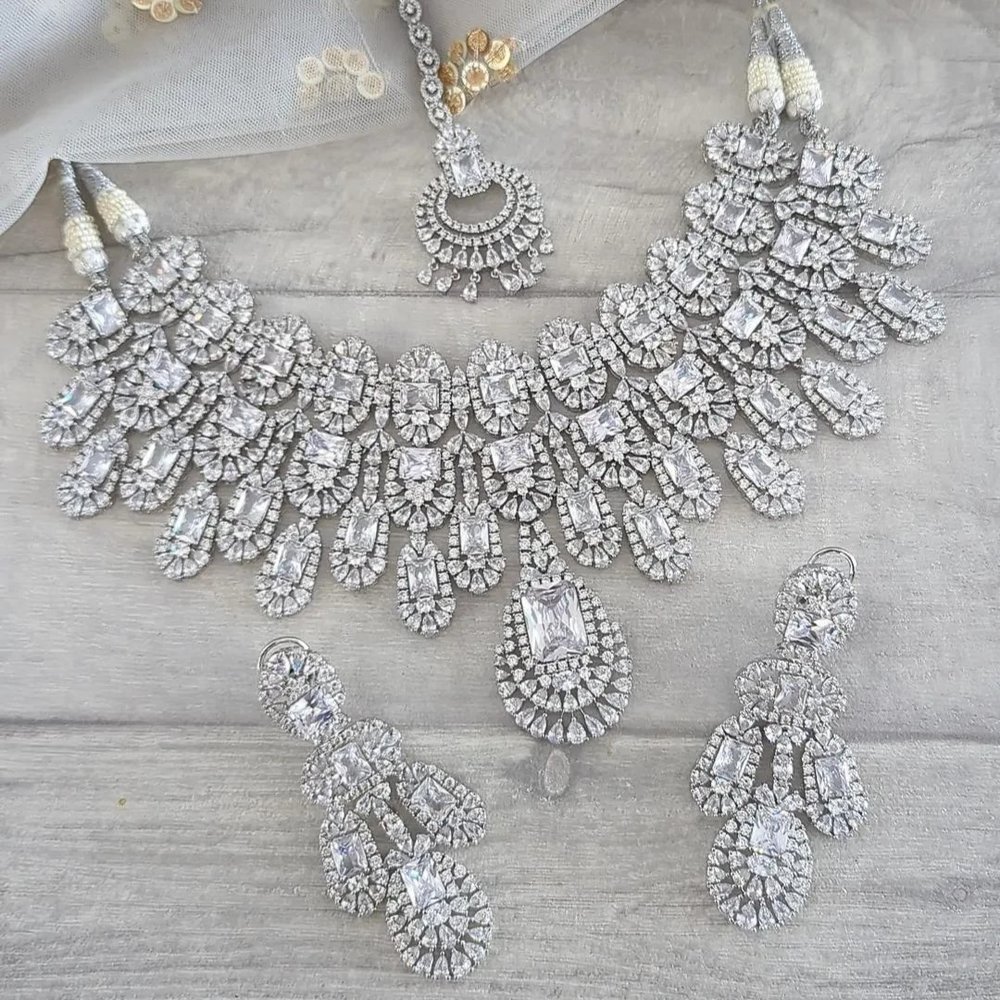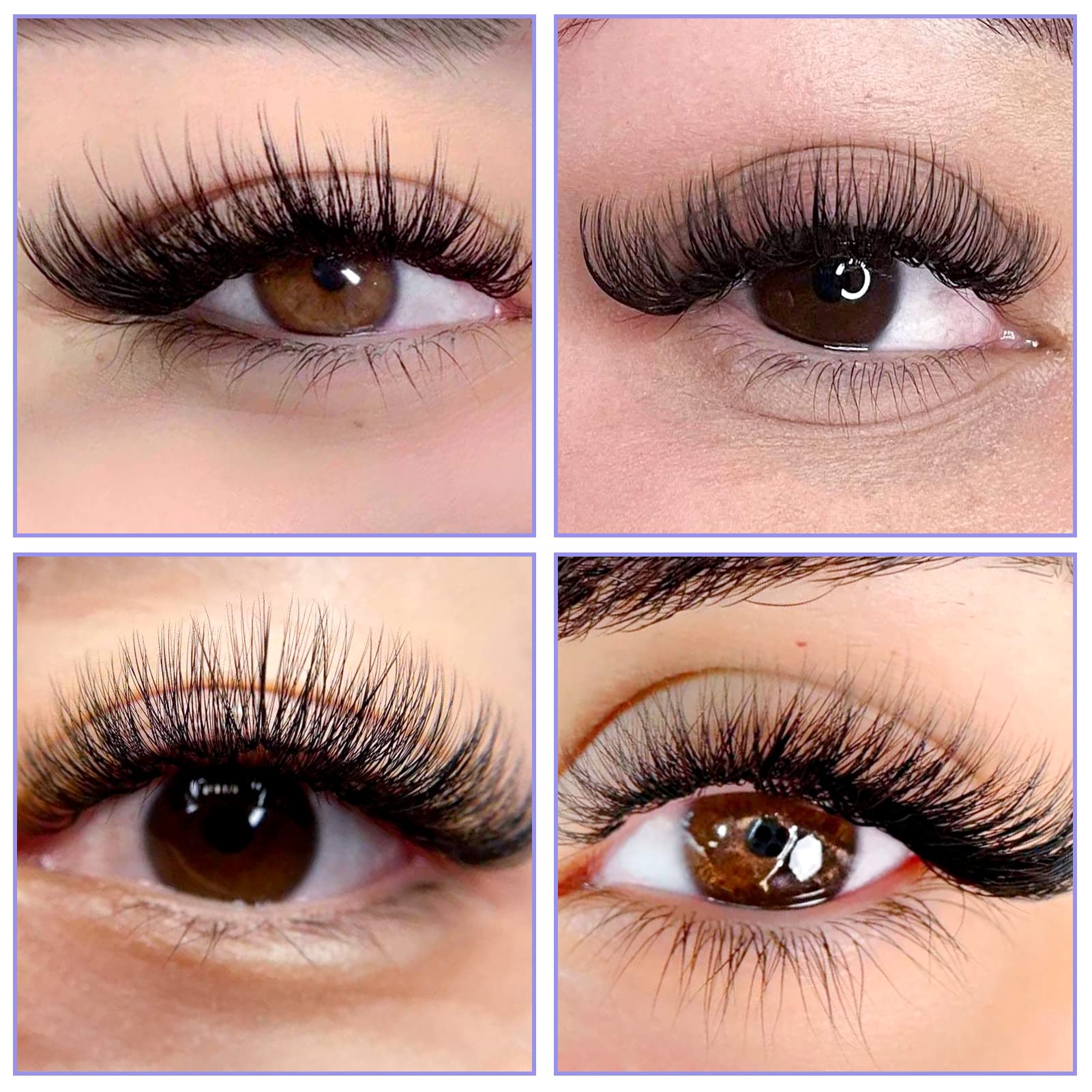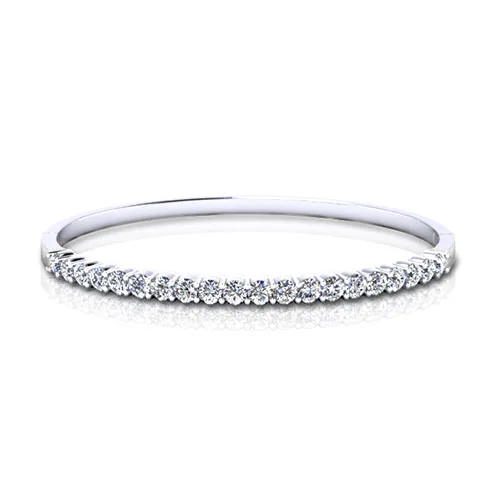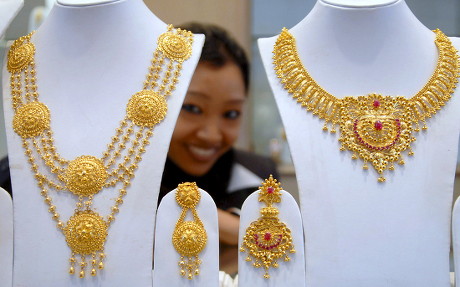How to Choose the Perfect Diamond Engagement Ring

Strong 8k brings an ultra-HD IPTV experience to your living room and your pocket.
Choosing a diamond engagement ring is one of life’s most significant decisions. It’s not just a piece of jewelry; it’s a lasting symbol of love, commitment, and shared future. With so many styles, settings, and diamond types available, the process can feel overwhelming—but it doesn’t have to be. Whether you’re proposing soon or just starting the search, this guide will walk you through how to choose the perfect diamond engagement ring with confidence.
Also, check diamond tops.
1. Understand the 4Cs of Diamonds
Before diving into ring styles and budgets, start with the basics: the 4Cs—Cut, Color, Clarity, and Carat. These are the globally accepted standards used to evaluate a diamond’s quality.
Cut
Cut refers to how well the diamond has been shaped and faceted. This impacts its brilliance and sparkle. The better the cut, the more the diamond reflects light. Grades range from Excellent to Poor.
Tip: Prioritize cut above the other Cs if sparkle matters most to you.
Color
Diamond color is graded from D (colorless) to Z (light yellow or brown). Most diamonds in engagement rings fall between D and J.
Tip: G-H diamonds offer a balance of quality and value, appearing near-colorless to the naked eye.
Clarity
Clarity measures internal flaws (inclusions) or external blemishes. Grades range from Flawless (FL) to Included (I1-I3).
Tip: SI1 and SI2 clarity diamonds are eye-clean and cost-effective.
Carat
Carat weight measures how much the diamond weighs. Larger diamonds are rarer and pricier, but brilliance can make a smaller stone appear larger.
Tip: Choose slightly below whole numbers (e.g., 0.9 ct instead of 1.0 ct) to save money with little visual difference.
2. Set a Realistic Budget
There’s no universal rule for how much you should spend. The outdated “two months’ salary” guideline has been replaced with a more personalized approach.
Ask yourself:
What can you comfortably afford?
Would your partner value a more modest ring with money saved for experiences, a home, or travel?
Budget-friendly options:
Lab-grown diamonds
Cluster settings
Slightly lower color/clarity grades with a premium cut
Remember, the perfect ring doesn’t have to come with debt—it should come with meaning.
3. Know Your Partner’s Style
The best engagement ring suits your partner’s taste, lifestyle, and personality. Start by observing what kind of jewelry they wear:
Minimalist? Go with a classic solitaire or bezel setting.
Vintage lover? Look for Art Deco or Edwardian-inspired designs.
Glamorous? Consider a halo setting or pavé band.
Active lifestyle? A low-profile or protective setting is ideal.
You can also ask close friends or peek at their Pinterest boards if you’re unsure!
4. Choose the Right Diamond Shape
Diamond shape impacts both aesthetics and perceived size. Each shape has a different character and price point.
Popular diamond shapes:
Round: Most traditional and sparkly
Princess: Modern with sharp corners
Oval: Elongates the finger, appears larger
Cushion: Soft, romantic, vintage-inspired
Emerald: Sleek, clean lines, shows clarity
Pear: Unique, teardrop-shaped elegance
Tip: Fancy shapes (like oval or marquise) usually cost less per carat than round diamonds.
5. Pick a Metal That Complements the Diamond
The metal of the band plays a key role in the overall look of the ring. Common choices include:
Platinum: Hypoallergenic, durable, premium price
White Gold: Similar to platinum but more affordable
Yellow Gold: Warm, classic look—great for vintage styles
Rose Gold: Romantic, trendy, and flattering on all skin tones
Tip: Consider your partner’s skin tone and existing jewelry to find the best match.
6. Select the Perfect Setting
The setting determines how the diamond is mounted and displayed. Each has unique pros and cons:
Solitaire: Timeless and elegant—puts the diamond front and center
Halo: Surrounds the center stone with smaller diamonds for added sparkle
Pavé: Band is encrusted with small diamonds for extra shine
Three-stone: Represents past, present, and future—symbolic and stunning
Bezel: Modern, secure, and sleek—great for active individuals
Choose a setting that matches your partner’s lifestyle and taste.
7. Consider Certification and Quality Assurance
When buying a diamond, always ask for certification from a reputable gemological lab, such as:
GIA (Gemological Institute of America)
AGS (American Gem Society)
IGI (International Gemological Institute)
These reports verify that your diamond is graded accurately, giving you peace of mind about what you're buying.
Tip: Avoid sellers who can’t provide third-party certification.
8. Think Long-Term: Maintenance and Warranty
A diamond ring is meant to last forever—but that doesn’t mean it won’t need occasional maintenance.
When purchasing, ask about:
Cleaning and inspection services
Resizing policies
Warranty coverage (for lost stones, damage, etc.)
Also, consider insurance to protect your investment from loss or theft.
9. Shop Smart: Online vs. In-Store
Each shopping method has pros and cons.
Online Retailers:
Often more affordable due to lower overhead
Huge selection with customization options
Make sure the site offers HD images, 360° videos, and easy returns
In-Store:
Try on rings for fit and feel
Get advice from in-person jewelers
See diamond sparkle in real light
Tip: Use online stores for price comparison even if buying in person.
10. Personalize the Ring
Want to make the ring even more special? Add a personal touch:
Engraving: A message, initials, or important date inside the band
Birthstones: Add to the setting alongside the diamond
Custom design: Work with a jeweler to create a one-of-a-kind piece
A personalized engagement ring will carry deeper meaning and sentiment.
Conclusion: It’s About Love, Not Just the Carat
At the end of the day, choosing the perfect diamond engagement ring isn’t just about the 4Cs, settings, or price tags—it’s about celebrating your unique love story. While the process may seem complex, staying informed and thoughtful will help you find a ring that reflects your partner’s style and your shared commitment.
Take your time, trust your instincts, and remember: the right ring is the one that feels right for both your heart and your future together.
Note: IndiBlogHub features both user-submitted and editorial content. We do not verify third-party contributions. Read our Disclaimer and Privacy Policyfor details.





